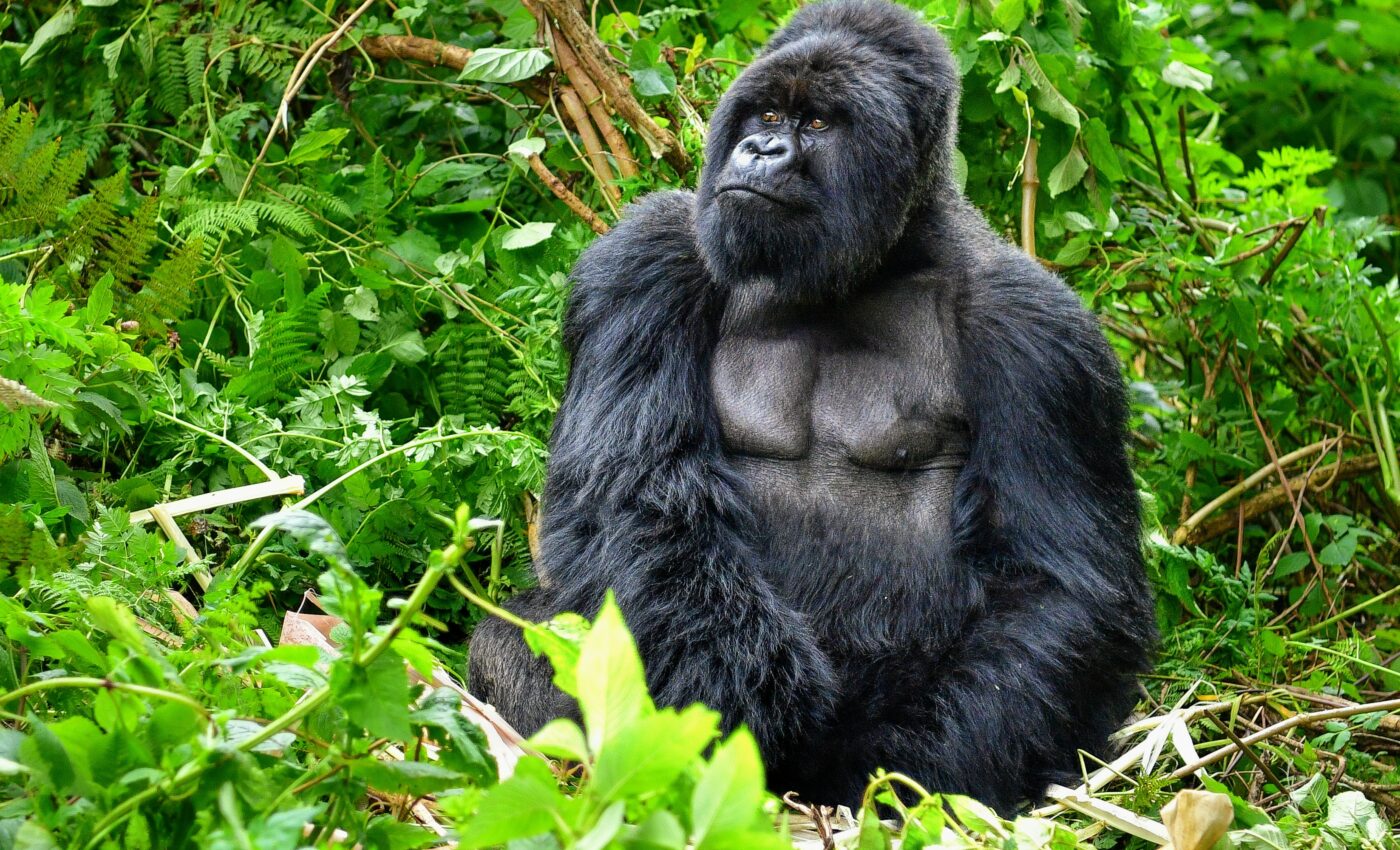
Protecting great apes from tourists
The close genetic link between humans and other great apes such as bonobos, chimpanzees, gorillas or orangutans, makes these animals highly vulnerable to our infectious diseases. In a new study, an international team of experts from Portugal, the UK, Uganda, and Germany has investigated the behavior and expectations of tourists visiting great apes regarding their willingness to comply with disease protection measures. This study was conducted at the beginning of the Covid-19 pandemic, when the researchers also created the Protect Great Apes from Disease initiative.
The scientists asked nearly 1,000 tourists or potential future tourists to complete an online questionnaire. The analysis of their answers revealed that willingness to comply with disease prevention measures such as wearing masks depended upon several factors, including nationality, expectations about the visitor experience, and whether the participants believed that specific disease-risk measures were effective.
“We have developed visitor education and guide-training materials for use in African sites of great ape tourism,” said study lead author Ana Nuno, a research fellow in Sustainability at the NOVA University Lisbon. “To do so, we first explored what factors seem to affect visitors’ compliance with disease mitigation measures.”
“This included asking them about their actions on previous visits, their willingness to comply in future, and exploring what factors should be promoted to increase their willingness to follow recommendations. To do so, we adapted a tool from the health literature which is commonly used for understanding why individuals may or may not act in the face of a threat to health.”
“Through this greater understanding of the visitors to wild African great ape tourism sites, we were able to identify ways of improving measures to reduce disease transmission,” added study co-author Kim Hockings, an expert in Ecology and Conservation at the University of Exeter.
According to Dr. Hockings, this is important not only in the context of the Covid-19 pandemic, but also to prepare for future pandemics, when information will initially be limited, but preventive action will be urgently required.
Compared to other disease-mitigation measures, participants expressed less willingness to be vaccinated against Covid-19, wear a mask during trekking, or quarantine after international travel before visiting the apes. Fortunately, most respondents seemed willing to wear masks when in the proximity of the animals. Believing that each specific measure was effective in preventing disease was crucial for participants’ willingness to follow that recommendation.
“In the face of growing threats from future pandemics, we must minimize disease transmission while ensuring that tourism and research promote long-term support for the conservation of great apes and their habitats, as well as maximizing benefits for local communities,” Dr. Hockings concluded.
The study is published in the journal People and Nature.
—
By Andrei Ionescu, Earth.com Staff Writer













